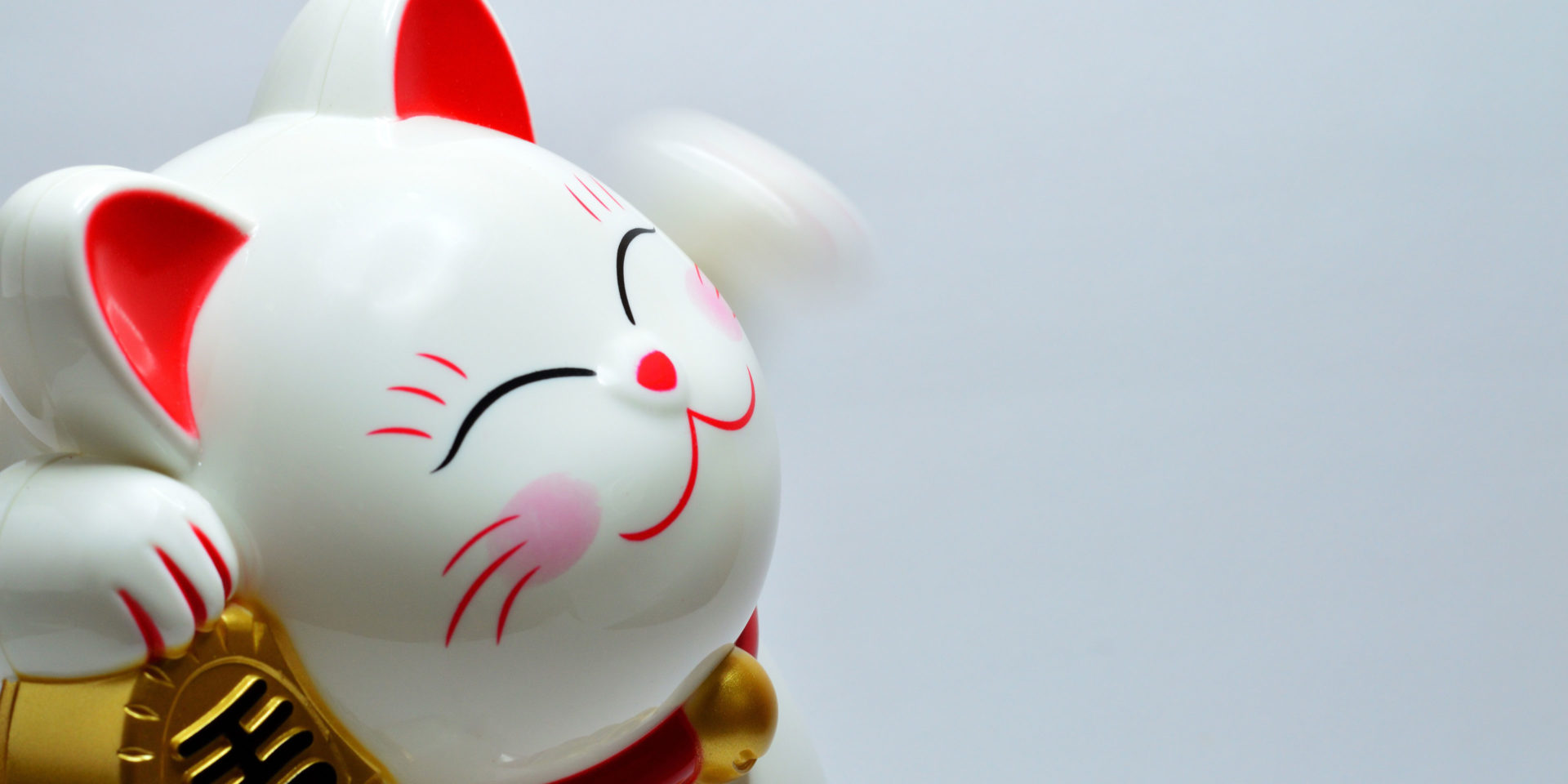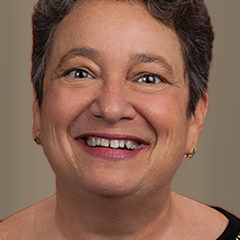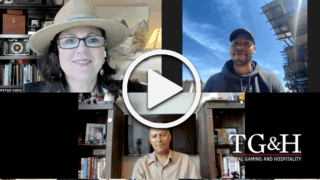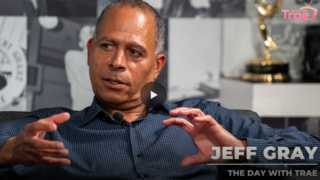
A different way to think about our casino’s marketing strategies
After years of customer research, casino marketing folks believe that there are three initial factors considered by players in choosing a casino to visit on any particular day. In order of importance, they are: Location, Luck, Service.
When I’ve conducted service and sales training for casino employees, I share this information and take them through these questions: Can you control the location of your casino? Answer: No. Can you control your guests’ luck? Answer: No. Can you control the service experience that your guests receive? Answer: Yes. So we focus on guest service training and delivery, and hope for the best.
But recently, I read an article in the October 2015 issue of one of my favorite publications, the official, in-flight magazine of Southwest Airlines, Southwest: The Magazine (formerly Spirit Magazine). The article was entitled, “Best of Luck.” You can read it by clicking this link.
The author, Brad Herzog, explores the idea that we can be responsible for our own good luck; he posits that there are four qualities constituting the difference between “lucky” and “unlucky” people. They are OPPORTUNISM, OPTIMISM, INTUITION and RESILIENCE. Opportunistic (and therefore, luckier) people “recognize chances, and maximize them.” Optimism means “believing you’re lucky.” Of intuition, he says, “Lucky people make lucky decisions by being open to hunches and following their instincts.” Resilience may lead to luck if you “relax, stay alert…be grateful, and always look on the bright side of life.”
As leaders in the gaming industry, we are all aware (although I’m not sure that we always keep it top of mind) that we deal with the concept of luck every day. Our most loyal guests are the ones who feel lucky when they visit our properties, whether it’s because they actually win the games they’re playing, we give them opportunities to feel lucky with special promotions, gifts and other benefits, or because we treat them like royalty. So, I ask you, how much attention do you pay to creating this feeling in your customers? What effort do you make in your business to cause your players to feel lucky? What messages and activities do our customers experience that maximize their opportunism, optimism, intuition and resilience?
My consulting projects for clients have frequently included building strategic promotional strategies. Here are some examples of marketing tactics that you might employ to help your guests feel lucky:
1. Opportunism – letting our guests maximize their chances of winning.
In promotions involving the accumulation of players club points to earn entry tickets for a prize drawing, whether offering a few big prizes monthly or many smaller prizes more often (daily/weekly) or both, we currently let our players see how many entries they’ve earned. But what if frequency of visit added a multiplier to those entries? For every day (or hour) that they visit or continue to play, their entries would multiply. So, if they earn 1x entries on the first day they participate, what if they earned 2x entries on the second day they participate, 3x entries on the third day, etc.? Wouldn’t that reward guests for play AND frequency, and give them some control over their luck?
2. Optimism – believing they’re lucky.
This is one of the advantages of daily kiosk promotions, where players can swipe and win something every time they visit. But most casinos stack the deck of prizes in favor of their high end players, leaving their lower (often higher frequency) players with unimpressive rewards. As Raving Partner Nicole Barker espouses, your high end players are taken care of by your host program; why not let your low to mid-worth, high-frequency players benefit from your daily loyalty promotions? After all, besides points, it’s really all they have to motivate them to continue sharing their patronage with you. How lucky would one of your regulars feel if they won a night in a suite, dinner at your steakhouse, tickets to an A-rated concert, or an invitation to a VIP party? And what if we offered every guest a 4-leaf clover, a rabbit’s tail, or a chance to rub Buddha’s belly at our front door?
3. Intuition – follow hunches, follow instincts.
The most fun and successful promotions are interactive for the players, rather than just giving out cash or free play. Selecting winners and letting them pick their own envelope or pumpkin or balloon highlights THEIR intuition. Letting them play a game where they influence the results or enabling them to trade up for a chance at larger prizes allows players to exercise their intuition. And what if we rewarded them with an extra pick if they get really lucky with a significant prize? I recently participated in a “LOCKDOWN” event (a group of people try to escape from a locked room by using their intuitive skills) … the excitement in achieving the goal was enough to want to do it again.
4. Resilience – always look on the positive side.
Didn’t win a jackpot? Didn’t win a prize? This is the best reason to leverage threshold (earn and get) promotions. Setting reasonable earning levels for all of your customers means that anyone who wants something can go home with a gift. Nothing feels luckier than taking something home after losing at gaming; guests carrying around promotional items make your entire property feel lucky.
What can we do in all of our marketing efforts to better create the feeling of “Getting Lucky”? In our advertising, our newsletters, our direct mail offers, our in-house events, our service? I’d be willing to bet that if we could make our players feel luckier, they’d also be more loyal!







